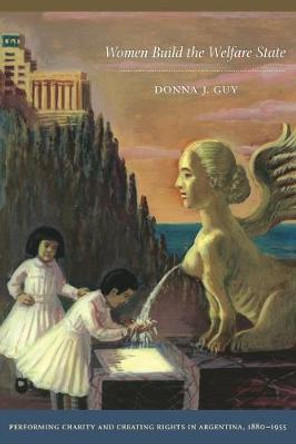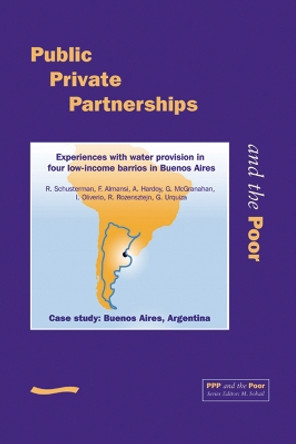Description
Donna J. Guy looks at many aspects of the debate that followed an escalating demand for prostitutes by Argentines and European immigrants. She discusses the widespread fear of white slavery, the merits of medically supervised municipal houses of prostitution, the rights of local governments to restrict the civil liberties of citizens and foreigners, the censorship of literature and music dealing with the plight of prostitutes, and the potential criminality of unsupervised working women who might abandon their families. Guy also describes attempts to deal with female prostitution: rehabilitation, modifications of municipal bordello laws, and medical programs to prevent the spread of venereal disease. She makes clear that the treatment of "marginal" women by liberal politicians and doctors helped promoted policies of repression and censorship that would later be extended to other unacceptable social groups. Her study of how both local and national government in Argentina dealt with these women reveals important links between gender, politics, and economics.
"Guy's study is a salutary reminder of how deeply prostitution influences the politics of nationalism, of social control and of cultural identity, not just in Argentina but in Europe as well."--Manchester Guardian.
About the Author
Donna J. Guy, a professor of history at the University of Arizona, is the author of Argentine Sugar Politics: Tucuman and the Generation of Eighty (1980).
Book Information
ISBN 9780803270480
Author Donna J. Guy
Format Paperback
Page Count 261
Imprint University of Nebraska Press
Publisher University of Nebraska Press
Weight(grams) 408g




